An Historic Appointment
270 Years in the Making
An Historic Appointment
270 Years in the Making
President Shafik’s appointment is a milestone in the long history of the University. As we celebrate this momentous occasion, we look back on past presidents who made Columbia the extraordinary institution it is today.
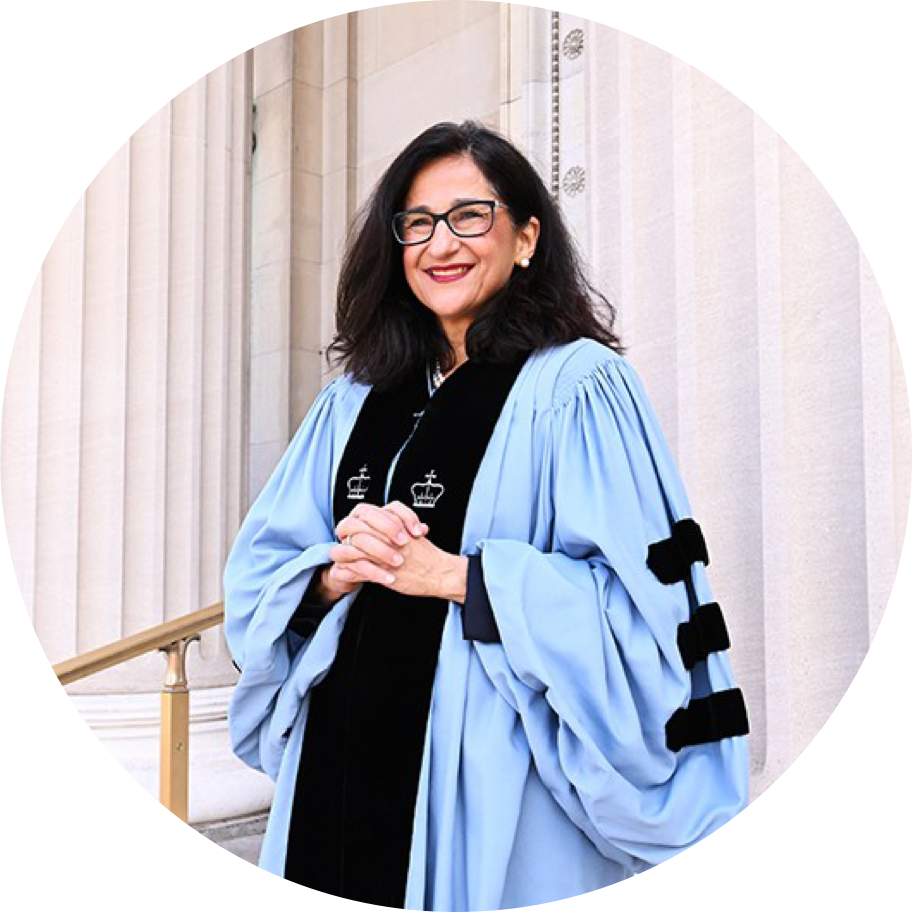
Minouche Shafik
Term of Office: 2023 –
In 2023, Minouche Shafik began her tenure as the 20th president of Columbia University, the first woman to hold the position in the University’s 270-year history. A brilliant leader dedicated to higher education’s role in addressing complex global challenges, President Shafik brings fresh perspective and energy to Columbia.
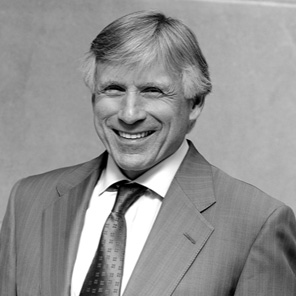
Lee C. Bollinger became Columbia University’s 19th president in 2002 and, at the time he stepped down in 2023, was the longest serving Ivy League president. Under his leadership, Columbia redefined what it means to be a great research university in the 21st century, distinguished by comprehensive academic excellence, an innovative and sustainable approach to global engagement, two of the largest capital campaigns in the history of higher education, and the institution’s most ambitious campus expansion in over a century.
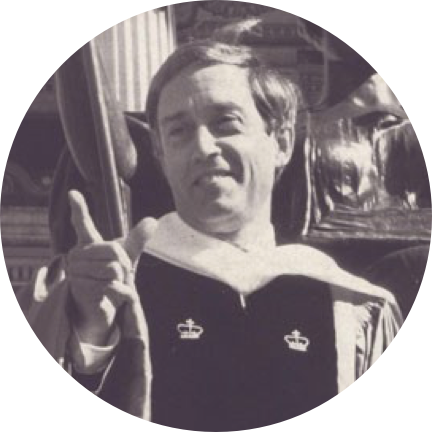
The Princeton, Yale and Harvard educated author and Presbyterian minister, George Rupp, had previously presided over Rice University and served as dean of the Harvard Divinity School before accepting the presidency at Columbia.
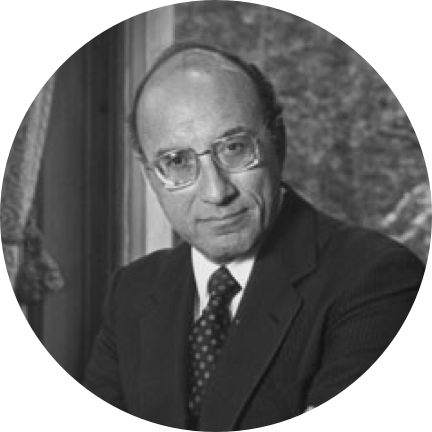
A Columbia University graduate, former faculty member, dean and provost, Michael I. Sovern was Columbia’s first Jewish president.
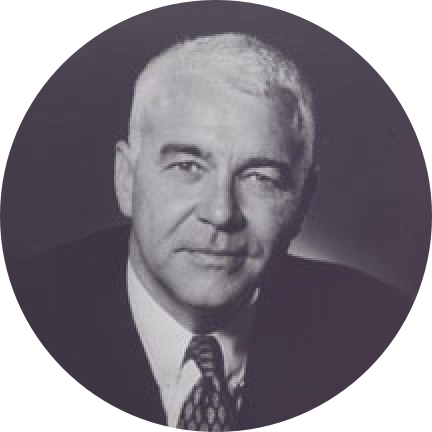
Prior to taking the Columbia University presidency, William J. McGill, educated at Fordham and Harvard Universities, had been chancellor of the University of California, San Diego and a professor of psychology at Columbia University, where he was also chair of the psychology department between 1961-1963.
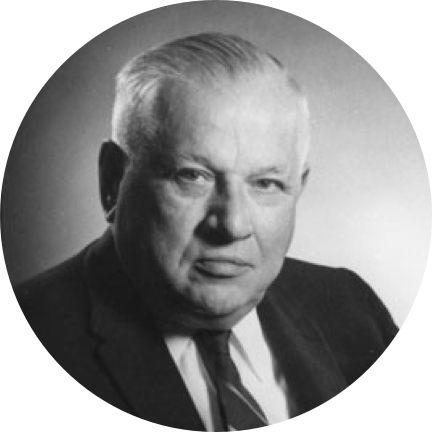
Following the upheaval of the 1968 protests and the resignation of President Grayson Kirk, Andrew W. Cordier, a former United Nations diplomat and dean of the School of International Affairs, was appointed acting president August 23, 1968.
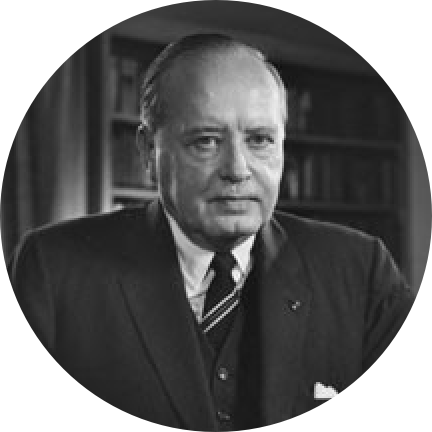
A Columbia University professor and provost, Grayson Kirk was elected president following Dwight D. Eisenhower’s departure for the White House and officially installed on June 2, 1953.
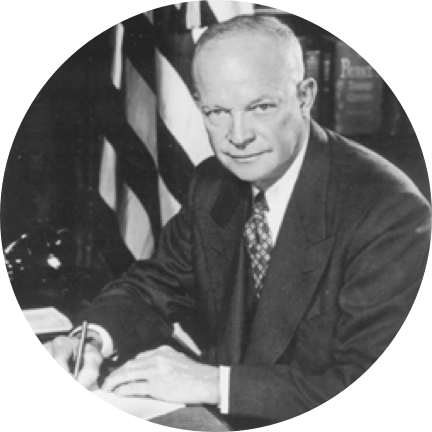
Former commanding general of the American forces in Europe and supreme commander of the Allied Expeditionary Force during World War II, Dwight D. Eisenhower was Columbia University’s thirteenth president.
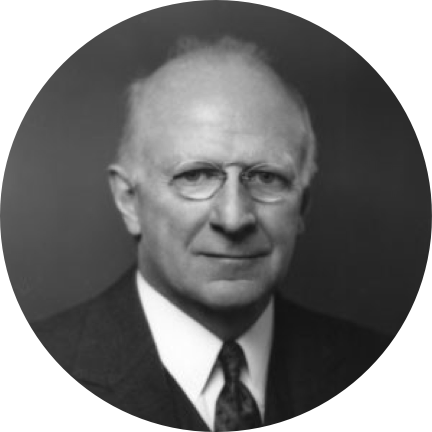
Following the resignation of Nicholas Murray Butler, Provost Frank D. Fackenthal was named acting president.
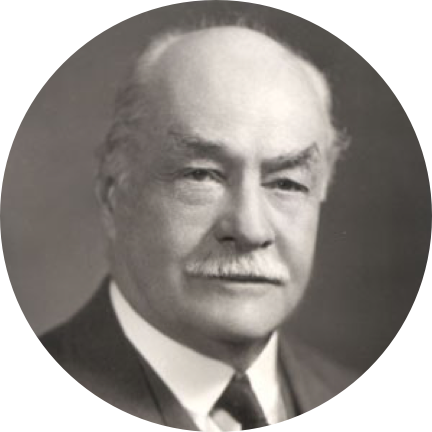
Serving as president for forty-three years, Nicholas Murray Butler has the distinction of being the longest serving president in the history of Columbia University.
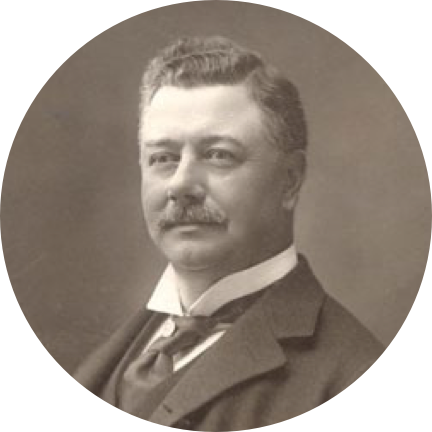
Columbia College trustee and former Brooklyn Mayor, Seth Low was elected Columbia’s eleventh president, leading the College through further expansion and change.
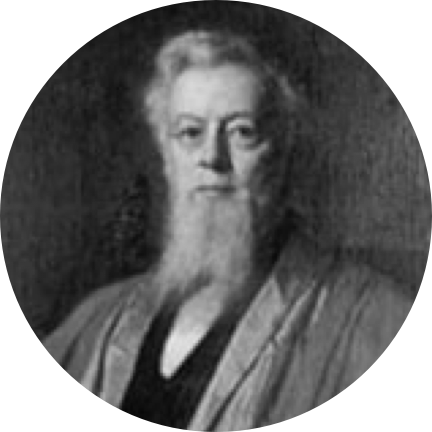
Elected Columbia College’s tenth president was Yale educated physicist and Episcopalian minister, Frederick A.P. Barnard.
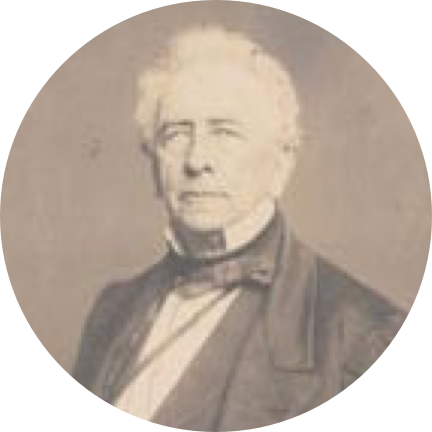
A politician and newspaper publisher, Charles King was elected president of Columbia College at age 60. Although King was in no way an educator, his administration was marked by significant progress and expansion.
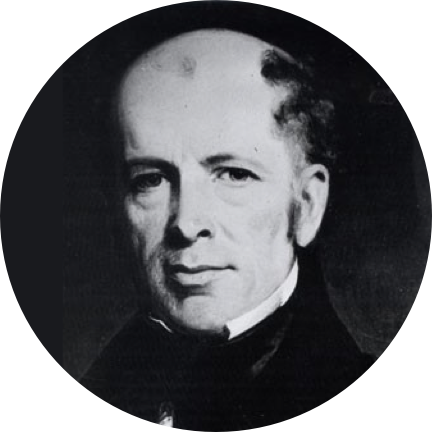
Nathaniel Fish Moore, nephew of former Columbia president Benjamin Moore, was a lawyer by training but preferred the quiet seclusion of the scholar’s life, and in 1820 accepted the position of professor of Greek and Latin in Columbia College.
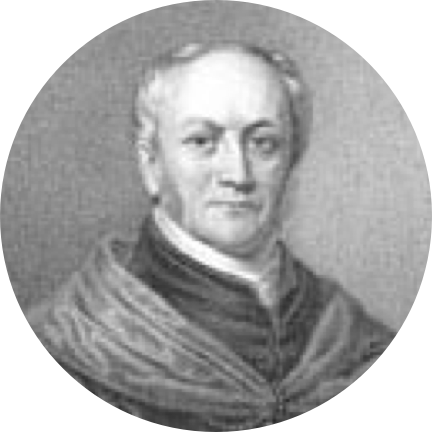
A lawyer and jurist of note in New York State, William A. Duer had held many offices, both judicial and political, previous to accepting the presidency of Columbia College.
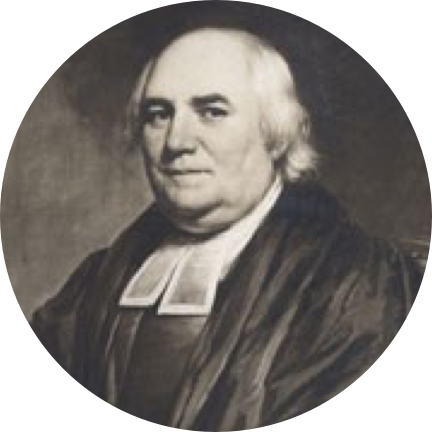
William Harris, a Harvard graduate and Episcopalian minister, was elected president in conjunction with the appointment of Columbia College’s first provost, a newly created office to which John Mitchell Mason, a Presbyterian minister, was elected.
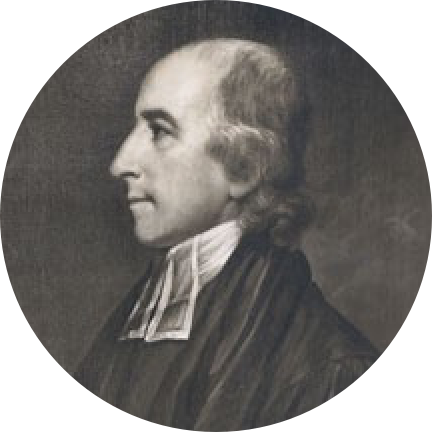
On December 31, 1801, The Right Reverend Benjamin Moore, rector of Trinity Church and bishop of New York, as well as previously president pro tempore (1775-1776) of King’s College, was elected Columbia College’s fifth president.
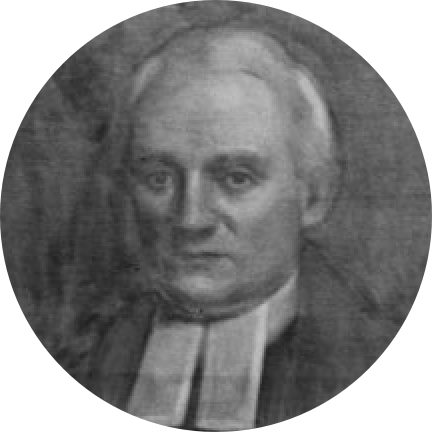
Following the retirement of William Samuel Johnson, the Columbia College Trustees elected the Reverend Dr. Charles Henry Wharton, Rector of St. Mary’s Church, Burlington, N.J., president on May 25, 1801.
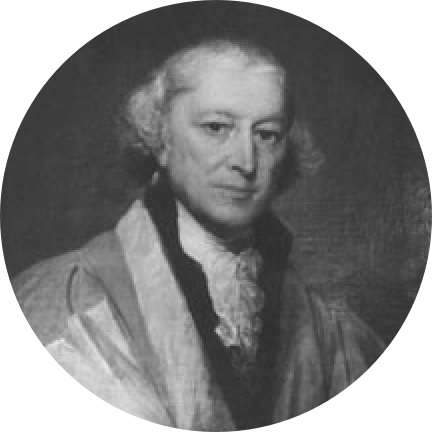
After the Revolutionary War and the establishment of the United States of America, the newly reorganized Columbia College Trustees elected as its third president, William Samuel Johnson, the Yale educated son of the College’s first president, Samuel Johnson.

Following the sudden departure of President Myles Cooper, the Board of Governors, with Cooper’s recommendation, appointed King’s College graduate Reverend Benjamin Moore (’68 KC) president pro tempore.
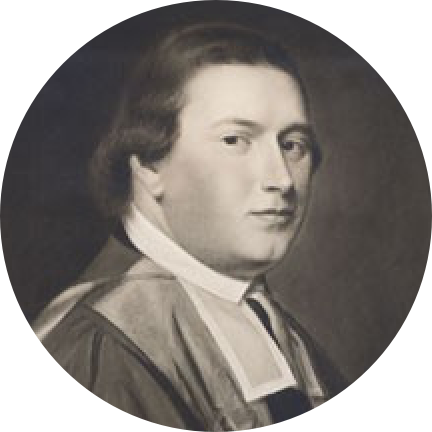
An Anglican minister and Oxford University graduate, Myles Cooper, under the recommendation of the Archbishop of Canterbury, was appointed professor of moral philosophy and assistant to the president in 1762.
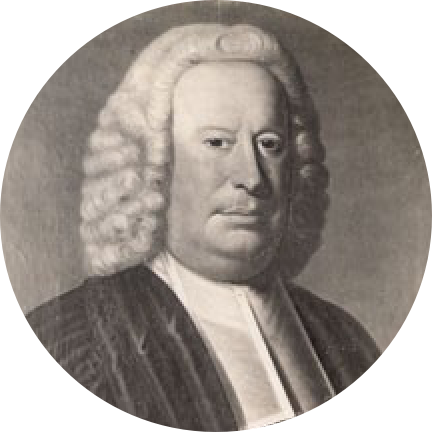
When the vestrymen of New York City’s Trinity Church resolved to establish an “Episcopal College” in the City, they turned to Anglican minister Samuel Johnson, a well-known colonial scholar and Yale graduate to lead the effort.